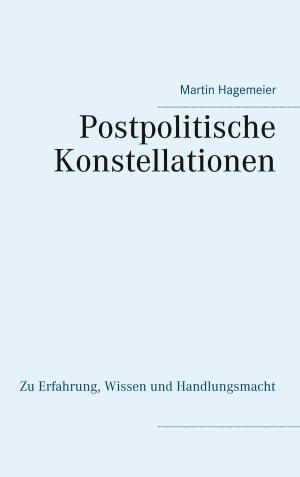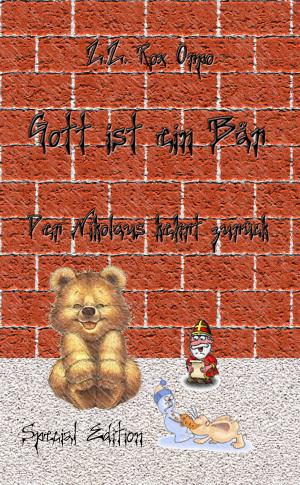Capacitated Lot-Sizing and Scheduling with Scarce Setup Resources
Business & Finance, Management & Leadership, Management| Author: | Karina Copil | ISBN: | 9783741255175 |
| Publisher: | Books on Demand | Publication: | March 22, 2016 |
| Imprint: | Language: | English |
| Author: | Karina Copil |
| ISBN: | 9783741255175 |
| Publisher: | Books on Demand |
| Publication: | March 22, 2016 |
| Imprint: | |
| Language: | English |
Lot-sizing and scheduling problems can be found in all companies producing multiple products with sequence-dependent setups. Thereby, company and industry specific aspects often exist which restrict the production periods and quantities. The generation of cost-minimal and feasible productions plans with respect to the available capacity and the given restrictions can create possible savings and therefore has a great influence on the profitability of a company. This thesis focuses on simultaneous lot-sizing and scheduling problems with scarce setup resources. These are shared by multiple production machines and thus restrict the possible starting and ending times of the corresponding operations. Further practical aspects are incorporated including inter alia alternative production machines and setup resources, batch-production or shelf-life restrictions. The thesis provides mathematical formulations for these problems and presents MIP-based heuristics as well as a metaheuristic to solve problems of practical size. This book addresses practitioners from the industry, developers and consultants in the field of supply chain management and production or operations research as well as students and lecturers in business studies, information systems or industrial engineering with a focus on supply chain management.
Lot-sizing and scheduling problems can be found in all companies producing multiple products with sequence-dependent setups. Thereby, company and industry specific aspects often exist which restrict the production periods and quantities. The generation of cost-minimal and feasible productions plans with respect to the available capacity and the given restrictions can create possible savings and therefore has a great influence on the profitability of a company. This thesis focuses on simultaneous lot-sizing and scheduling problems with scarce setup resources. These are shared by multiple production machines and thus restrict the possible starting and ending times of the corresponding operations. Further practical aspects are incorporated including inter alia alternative production machines and setup resources, batch-production or shelf-life restrictions. The thesis provides mathematical formulations for these problems and presents MIP-based heuristics as well as a metaheuristic to solve problems of practical size. This book addresses practitioners from the industry, developers and consultants in the field of supply chain management and production or operations research as well as students and lecturers in business studies, information systems or industrial engineering with a focus on supply chain management.















